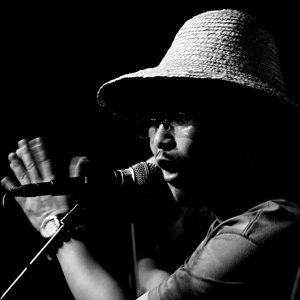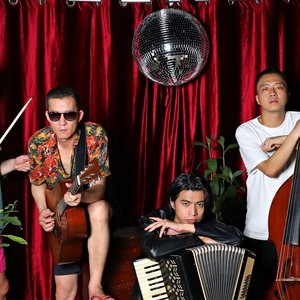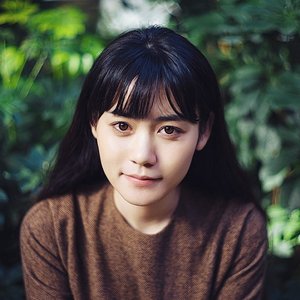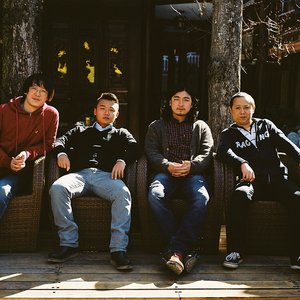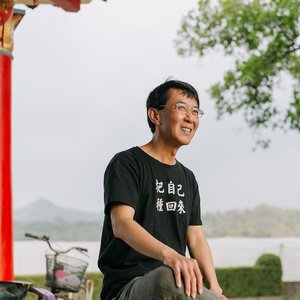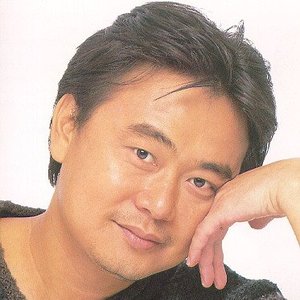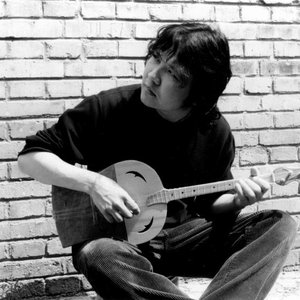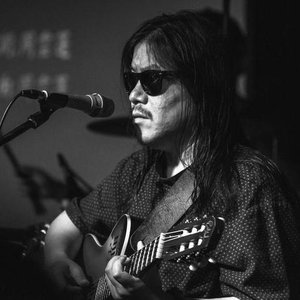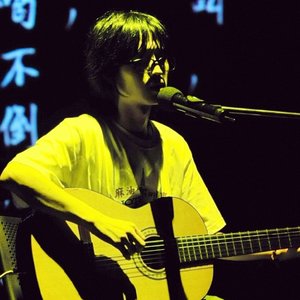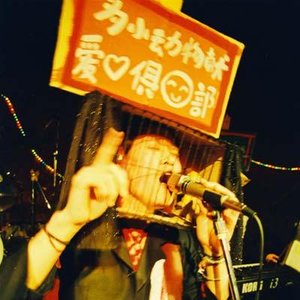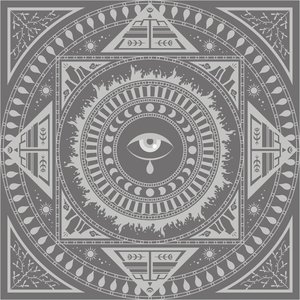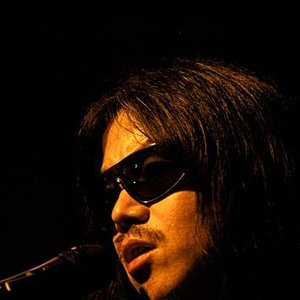传记
Baishui is a composer and guitarist from China, born in Yibin, Sichuan Province. Though never get any formal music education, he found his enthusiasm in music at a very young age and began to learn music all by himself. Besides guitar, he also learned to play keyboards, piano and lots of traditional Chinese instruments such as Dizi, Xiao, Xun, Cheng and Ruan. When studying in university, Baishui already started to write music and formed a rock band with friends, rehearsing for some small gigs.
Driven by the favor in European Neo-Folk, Baishui’s music also focused on Neo-Folk and Dark-Ambient at first. He started a Neo-Folk project named Bloody Woods, in which he composed all the music and played all the instruments while his friend Gudao joined in as lyric writer and singer. Self-released debut EP “Women in the Hole”, featuring songs finished during 2004 to 2006, was a concept album, telling a medieval story. Later, second EP “Apocalypse of the Sound” was released through Midnight Records, as a follow-up to that story. During the same period, Baishui formed another Dark-Folk project named Eltan Renaxy with Lamia, who had a Neo-Classical project named Whisper of Tears by her own. As the way it worked in Bloody Woods, Baishui played all the instruments and created a set of rather absurd songs with Lamia, which were later featured in the album “Weird Ballads in My Town”. Works from this period got both favorable and critical response. While it was after Eltan Renaxy when Baishui returned to native Chinese culture and started a new stage of creation.
“Time” came out in October 2007. Naming his music project after his own name for the first time, this album was all about his homeplace, a small town located in south-western China. Baishui filled the album with nostalgic sentiments and childhood memories, making it mild, elegant, but melancholic at the same time. This is a real Chinese style Neo-Folk album, in which Baishui finished every part all by himself and marked it with his unique singing style and south-western music elements. Another great attempt is that he brought European style arrangements into traditional Chinese music, though it was still incipient. “Time” turned out to be a great success. Limited CDs were sold out in half a year, making Baishui a hot topic in Chinese independent music scene. As fan base expanded, “Time” also got nominations for some mainstream music awards, which bought more controversy. One year later, Baishui published the second album “Winter”. Being an album mainly lead by instrumental pieces, it tended to be dark and obscure, showing a world of tranquility hidden inside, and it illustrated how Dark-Wave alters under Chinese culture. Baishui kept creating pictures through music, an illusory vision that might only appear somewhere in his heart. As an intangible existence that transcends all languages and words, music is able to keep record of life and emotions.
In May 2009, Bloody Woods also published long waited debut full-length “Colour”, featuring works from the past few years. After Gudao left the duo, Yuantian, who became Baishui’s best partner later, was invited to take his place as singer and lyric writer. With her gorgeous voice and inherent skill in writing, Chengdu-born Yuantian brought Bloody Woods to a whole new stage. In the album, her voice showed impressive variability and proficiency. For a moment her singing was elated, while next moment it could be mellow and even depressive. After the “Colour” album, Baishui almost put Bloody Woods on hiatus and started a tour all around China. Later, third solo album “Rain Comes”, with Yuantian singing harmonics, was released after the tour. Insisting singing in Sichuan dialect, his music became even more oriental this time. For promotion of the album, Baishui and his band launched another round of performances, during which more than 30 cities were visited all around the country. As his music spread out with the tour, Baishui could have repeated himself over and over to draw more attention from fans and the media easily. But instead, he stayed low and humble after the tour, implicating a tremendous change in his music.
In 2011, he came back with two brand-new full-length, “Host of a Building Named Flower Terrace Temple” and “A Travel Book”. “Host of a Building Named Flower Terrace Temple” was not only a series of songs, but also a collection of poems, half written by Baishui and another half written by his father, Niaochi. This collaboration brought a serene prospect of Zen into the new album, in which a quite and idyllic lifestyle emerged. Musically, Baishui found a more concise way to organize instruments, finishing most songs based on guitar and Ruan. Though new attempt to take in Jazz elements was revealed, the songs still held a beauty of simplicity. Again, Yuantian’s voice became another highlight of the album, especially in the track “Song of a Beauty”. “A Travel Book”, on the other hand, was an instrumental album with influences from Avant-garde, Experimental and Post-Rock music, in which Baishui created a rather atmospheric soundscape. These two albums were so different to each other as if they were created by different artists. Again, controversy over this dramatic style change arose. Anyhow, Baishui insisted to keep record of his journey through life and stories on the road with sincere music, despite the differences between genres.
Years passed as Baishui’s music continuously changed and evolved, but the core of his music remained still. It’s an aesthetic approach of serenity and elegance, and a personal philosophy to explore human heart with music.
每个人都可以编辑 Last.fm 上的艺术家描述,欢迎奉献您的力量!
此页面所有用户贡献的文字均根据 Creative Commons Attribution-ShareAlike License 授权;可能适用其他条款。
